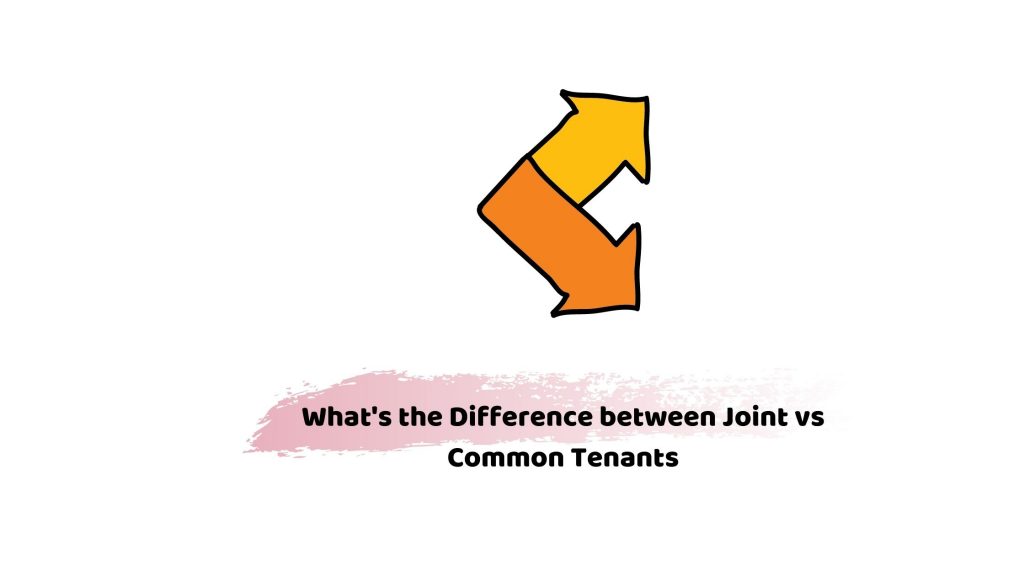Buying a property is one of the most important steps that you might take to secure your hard-earned money into a significant investment. But, if you made a purchase on joint ownership, it’d be great! We’ll compare and contrast joint tenants vs tenants in common in this blog post.
Let’s dive into it!
Making a purchase along with a partner or a friend can be a lot more beneficial than buying something alone. By doing this, you can not only share the total purchase amount of a property but you can also avail a greater mortgage and can divide repayment charges and service charges.
Now, when it comes to owning a property on joint ownership, you have got two options: joint tenants or tenants in common. Choosing the suitable option can vary depending upon factors like your personal situation and your relationship with your c0-purchaser.
To acquire optimal benefit from the purchase, you need to make the right decision from the two to avoid additional charges and other complexities. Therefore, we are going to dig deep into the differences and pros and cons of joint tenants and tenants in common.
What are joint tenants?
Joint tenancy is a type of ownership where each tenant owns the whole property. Here you and your partners will have an equal and undivided share of a property. It is the best choice when it comes to buying a property with a close relative or spouse.
This ownership can be the best as it is simpler, requires less documentation, and contains lower legal charges. You don’t need any joint tenancy agreement here as you own a property with a trustworthy person.
While selling the property, the consent of both partners is required. Here, the right of survivorship is automatically transferred to the remaining partner if a partner dies.
What are tenants in common?
Contrary to joint tenancy, tenancy in common is more flexible as the ownership of a property is defined means each individual has a separate share of a property. It can be a suitable choice for you if you purchase it for investment purposes and you are purchasing a property with a less trustworthy person.
In this type of ownership, individuals do not have equal shares. And a smaller share doesn’t limit your right of ownership. A document known as the deed of trust is advisable for the parties to avoid issues related to the financial interest and responsibilities of the property.
While making a sale, it also requires a transfer deed, however, tenants can sell their share of the property. Here the share of the property of a deceased is transferred to his/her heirs as per the will.
Joint tenants vs tenants in common : What is the Difference?
There are many differences between these two types of joint ownership. This table will help you to better understand the difference.
[table “2” not found /]
Do the types of joint ownership affect the ownership roles:
The answer is a big YES! As both types are quite different. Both types contain their pros and cons. It totally depends upon you to choose the one as per your need. A joint tenant is a better option if you are purchasing a property with a close relative like a spouse, brother, or child and want your property to be given to your co-partner after your death.
Similarly, common tenants are suitable if you’re buying a property with friends or relatives for investment purposes. Here you’re allowed to sell your defined property.
Conclusion:
Whether you choose joint tenants or tenants in common, you should make a proper succession plan as per your wish. We also recommend you to consider the tax implications while buying a property.
The rules and regulations of land taxes may change with the passage of time and new calculations may occur in the coming years. So you should be prepared for them too. We also request you to take legal advice from our professionals if you face further complexities on joint tenants vs tenants in common.





















































